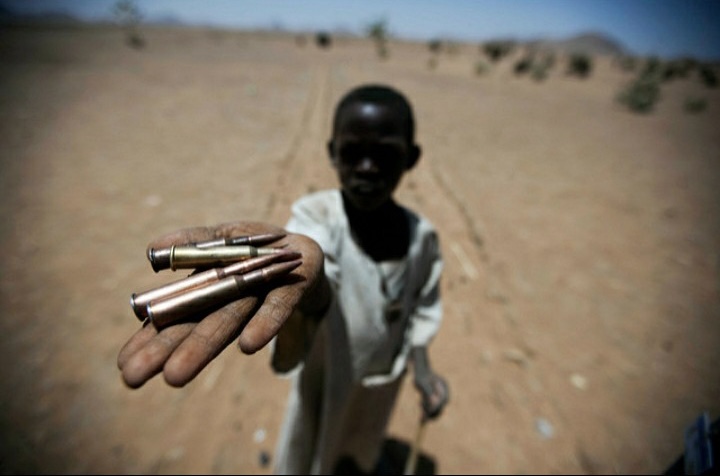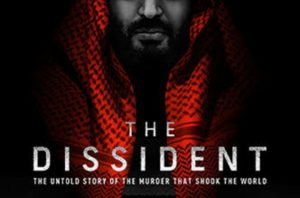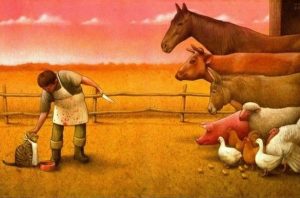
There is a growing list of en vogue words and expressions that, while useful in the right context, make me cringe slightly at their misuse and abuse. A few of the culprits include: fake news; toxic masculinity; woke; white privilege; offensive; virtue signalling; and identity politics.
I recently found the concept of white privilege, deployed here as a non-racial byword for recognising and grappling with blind spots that may skewer clear thinking, useful- nay, unsettling- when imbibing the press coverage on current affairs in Sub-Saharan Africa.
The lay of the land is alarming to put it mildly: out West in Nigeria, we have the triple threat of rampant child abductions, tribal clashes between nomadic herdsmen, crop farmers and private landowners, and indefatigable Islamist violence; staying West in Cameroon, we have a separatist war between anglophone Northwest and Southwest regions and the majority French-speaking regions, saddling children with the brunt of the inevitable humanitarian crisis; moving East to Ethiopia, we have 4.5 million civilians displaced by an ongoing civil war rife with allegations of war crimes and a ballooning refugee crisis along the Eritrean border; and finally to the Central African Republic, where the rejection of former President Francois Bozize’s candidacy in December’s presidential election triggered a civil war and a metastasising human rights crisis.
Amid the outrage and horror rightfully elicited by Western coverage of the foregoing, say, in the BBC, exists a spectrum of emotions ranging from annoyance to anger at the ‘bad press’ it brings.
That is, there are some Africans, mostly well-to-do/middle class, for whom the Western press coverage of Africa smacks of a cynical need and desire to, as Chinua Achebe memorably put it, “set Africa up as a foil to Europe, as a place of negations at once remote and vaguely familiar, in comparison with which Europe’s own state of spiritual grace will be manifest.”
I sympathise with this suspicion, nay, conviction, especially when compared with the coverage afforded to the enormous positive strides made across the continent. Indeed, it would be churlish not to recognise the warped stereotypes of Africans that may proliferate due to the availability bias in such press coverage.
However, this isn’t simply a case of the perils of bad press. It is a sign of privilege and comfort to bemoan Western coverage of crisis laden Africa not for want of fairness, accuracy, or impartiality; but rather, for illuminating the stark realities on the ground.
For the millions of Africans who live in the thick of such realities, sunlight is the best disinfectant. Honest coverage of man’s inhumanity to man should be saturated, wherever it exists, even at the risk of deepening negative impressions about the Continent.
What constitutes bad press for the privileged few, may likely be viewed by those less fortunate as putting global pressure on African leaders, enamored as they often are with their public image, to exercise self-restraint. The mobilization of shame is often the most effective mechanism to engender change.
Thus, the next time you’re scrolling through a newsfeed and your eyes fall upon the story of some sanguinary conflict in Africa, resist the temptation to groan with disappointment at the ‘bad press.’
Remember, there are a great many people for whom the stakes are too high for less to mean more.
By, C.C Okoye




